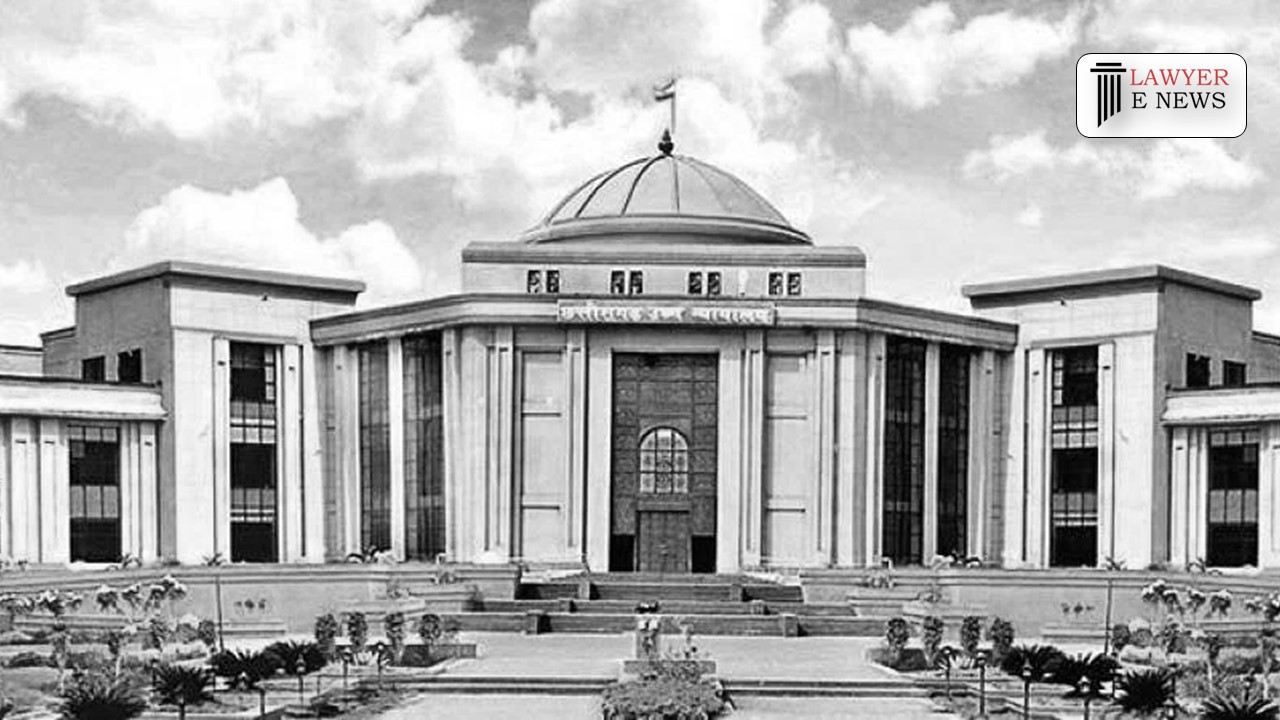-
by Admin
20 February 2026 4:14 AM



In a significant legal development, the High Court of Chhattisgarh, Bilaspur, delivered a verdict reaffirming the importance of the right to privacy as enshrined in the Indian Constitution. The court’s decision, which came on October 5, 2023, sets a precedent regarding the recording of conversations without consent and its implications on individual privacy.
The case revolved around a petitioner, Aasha Lata Soni, who challenged an order passed by the learned Family Court, Mahasamund, allowing the respondent, Durgesh Soni, to reexamine her based on a recorded conversation. The conversation had been recorded without her knowledge and was intended for use as evidence.
In its observation, the High Court cited a series of landmark judgments from the Hon’ble Supreme Court of India to underscore the significance of the right to privacy.
“The telephonic conversation of an innocent citizen will be protected by Courts against wrongful or high-handed interference by tapping the conversation,” the High Court quoted from the Supreme Court’s decision in R.M. Malkani v. State of Maharashtra (AIR 1973 SC 157).
Furthermore, the court highlighted that “Right to privacy would certainly include telephone conversation in the privacy of one’s home or office. Telephone-tapping would infract Article 21 of the Constitution of India unless it is permitted under the procedure established by law,” echoing the Supreme Court’s stance as expressed in People’s Union for Civil Liberties v. Union of India (1997) 1 SCC 301.
The High Court’s judgment reaffirms that the right to privacy is an integral component of the right to life under Article 21 of the Constitution of India and cannot be lightly infringed upon. The Court stated that the application allowing reexamination based on the recorded conversation was in violation of the petitioner’s right to privacy and set aside the order passed by the Family Court.
This landmark decision underscores the fundamental importance of protecting individual privacy rights in an era where technological advancements have made it easier to invade personal spaces. It also serves as a reminder that privacy must be upheld even in legal proceedings, and evidence obtained through means that infringe upon this right should not be admitted.
Representing the petitioner, Mr. Vaibhav A. Goverdhan, Advocate, welcomed the judgment, stating, “This verdict reinforces the sanctity of an individual’s right to privacy and sets a strong precedent for safeguarding this fundamental right in legal proceedings.”
On the other hand, Mr. T. K. Jha, Advocate representing the respondent, argued that the respondent had a right to produce certain evidence to support his case but respected the court’s decision.
The High Court’s decision highlights the evolving legal landscape concerning privacy rights in India, with potential implications for future cases involving the use of recorded conversations as evidence.
Date of Decision: 05.10.2023
Aasha Lata Soni vs Durgesh Soni
